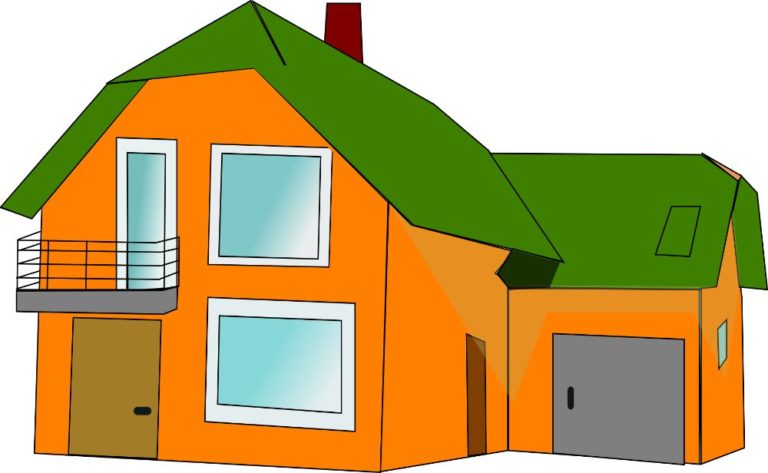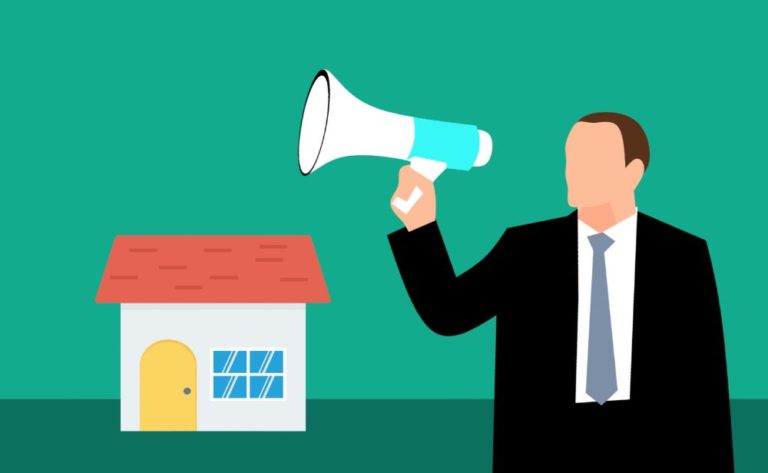Guide To Buying A Home In Northern Virginia
Particularly if this is your first time going through the process, purchasing a home anywhere in the United States may be a drawn-out, difficult, and nerve-wracking endeavour. The process of purchasing a home in northern Virginia is particularly challenging because the list prices of available homes have dramatically climbed while the number of homes available has decreased. The Northern Virginia Association of Realtors released a study in November 2019 stating that the average price of a property in the region is $625,860, which is an increase of 8.38 percent over the previous month of October’s average price. Therefore, if you are experiencing sticker shock, it is likely that you are not the only one feeling this way, and you have every right to feel this way. You shouldn’t be surprised by this development at all because it is quite typical. The real estate market often sees an increase in activity during the spring as a result of the increased number of parents looking to relocate their families into areas with desirable school districts for their children.
Considerations That Should Be Made
When looking to purchase a property in Northern Virginia, here are some additional considerations to take into account.
Location of the Workplace and Commute Times
It is essential for you to examine the length of your commute from a potential new house in order to determine whether or not the location is within a reasonable driving distance to your place of employment. A journey that takes 15 minutes by automobile and one that takes two hours by train are very different from one another; therefore, if having a shorter commute is vital to you, you should make sure to evaluate how long this travel time will be for you.
HOA And/Or Condo Fees
Your monthly payments will need to include payments to a Homeowners’ Association (HOA) or to a condominium association if you live in a condo or another type of upscale residential property. Condominium fees are also sometimes called maintenance fees. The size of your unit, the amenities your building provides, and any anticipated annual expenses can all have an impact on the amount that is charged for these fees, which are typically assessed in order to help cover the costs of maintenance, upkeep, and improvements.
Location Relative To The Subway System
You ought to additionally take into consideration the proximity of the home you want to buy to the metro station if that will be the mode of transportation you use the most of the time. If you have a car, it is a waste of money to pay a premium for a home that is located close to a metro station if you never make use of the station.
The Past Of The Listing’s Accomplishments
In addition to this, it is essential for you to investigate the previous owners of any property that you are considering purchasing. Finding out how many times a property has been sold, at what price, and whether any former owners still owe taxes or other expenses on the residence is one of the things that fall under this category.
Value at Resale You should also take into consideration a property’s resale value, which is the amount that it is anticipated to sell for in the future. This value is subject to significant shifts depending on a variety of factors, including the home’s age, condition, and any renovations or other alterations that have been made to the property.
Collaborate with a real estate agent in your area and look for a reputable mortgage lender.
Talking to a seasoned real estate agent who is extremely familiar with the housing market in Northern Virginia will be the most beneficial thing you can do for the success of your house search. This kind of real estate agent ought to be able to provide you with specific recommendations on listings that fit your wants and preferences and that are compatible with your income and spending plan. Your capacity to pay items like HOA fees and property taxes will be determined, in part, by these considerations.
You should also make it a priority to choose a trustworthy mortgage lender who can quickly and accurately determine whether or not you are eligible for a loan, taking into account both your income and your credit history. They should also be able to tell you what type of loan is the best fit for you, depending on this information (short-term, long-term, bridge loan, etc.), as well as what the best terms would be for you for such a mortgage. For example, they could tell you that a short-term loan is the best fit for you (down payment amount, interest rates, repayment periods, etc.)
Acquire Title Insurance
The term “title insurance” refers to a type of indemnity insurance that protects the policyholder against monetary loss stemming from flaws in the legal ownership of a piece of real estate. A title is a legal document (similar to a deed) that acts as evidence of ownership of a piece of real estate and includes the name of the property’s current owner.
It is necessary to obtain title insurance because, if you don’t, you run the danger of being exposed to risk in the event that there is any kind of defect on the title, such as the previous owner not having paid the property taxes. If you do not have title insurance, then you will be held accountable for these past taxes.






